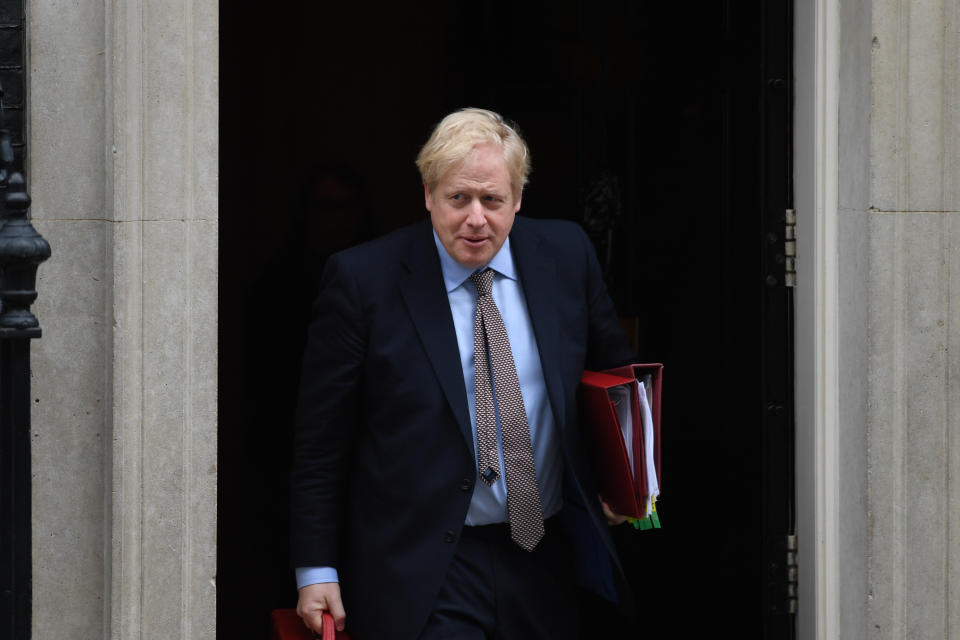UK workers to get three days more sick pay over coronavirus outbreak

The government will order employers to pay three more days of sick pay for staff self-isolating over the coronavirus, amid concerns some workers are choosing between “health and hardship.”
Prime minister Boris Johnson announced “emergency” legislation will see employees receiving sick pay from day one rather than after three days as under current law.
He said people who self-isolate are “helping all of us” by slowing the spread of the virus, but could lose out financially from going without pay for several days.
“Nobody should be penalised for doing the right thing,” he said during prime minister’s questions (PMQs) on Wednesday.
Josh Hardie, depuy director-general of the Confederation of British Industry (CBI), called it an “important first step” in employers’ response to the outbreak.
Read more: UK government says one in five could be off work over coronavirus
But some argue the reforms do not go far enough, and Johnson said the measures were only on a “temporary basis.”
“This extra support will not help the UK’s five million self-employed workers who aren’t entitled to statutory sick pay, along with around two million low-paid employees who don’t earn enough to qualify,” said Laura Gardiner, Research Director at the Resolution Foundation.
No changes have yet been announced to support such workers, despite growing pressure and the prime minister saying all options were “under review.”
With the government warning one in five workers could be absent if the outbreak escalates, there are concerns self-isolation or work-from-home rules could still leave many worse-off.
Frances O’Grady, general secretary of the Trades Union Congress (TUC), wrote to ministers this week and launched a petition, calling not only for day-one sick pay but also coverage to be expanded to the low-paid. TUC analysis suggests one in 10 women, a third of zero-hour contract workers and almost two-thirds of workers under 25 don’t earn enough to qualify.
She also argued the current rate, £94.25 a week, should increase to the National Living Wage rate, currently £8.21 per hour. “Many people won’t be able to meet basic living costs if they stay home from work. This is an impossible choice that has serious implications for us all,” O’Grady said.
Uncovered workers face a “perverse incentive” to come into work even if they are ill, according to Rehana Azam, GMB national secretary. The union has been campaigning for employers to voluntarily expand coverage, and wants the government to support small firms to cover costs if necessary.
Read more: Hand sanitiser sales soar 255% as coronavirus fears grow
The Chartered Institute of Personnel and Development (CIPD) has said the government could instead launch hardship or compensation funds for the self-employed and low-paid. Ben Willmott, head of public policy at the HR body, told the BBC it would minimise the risk of anyone infected coming into work.
MPs had debated the issue on Tuesday. Labour’s shadow employment rights secretary Rachael Maskell urged the government to also ensure self-isolation is always treated as sick leave, preventing choices between “health and hardship.”
Business secretary Alok Sharma told her some workers may be able to claim benefits to compensate for lost earnings.
A spokesperson for the department for work and pensions said before Johnson’s announcement the government would take “appropriate measures,” with the situation under review.
“Employers have been urged to make sure they use their discretion and respect the medical need to self-isolate in making decisions about sick pay,” she added.
The government had outlined plans last year to make sick pay “better enforced and more flexible,” as well as extending it to the lower-paid. But it has not published any plans since a consultation ended in October.

 Yahoo Finance
Yahoo Finance 